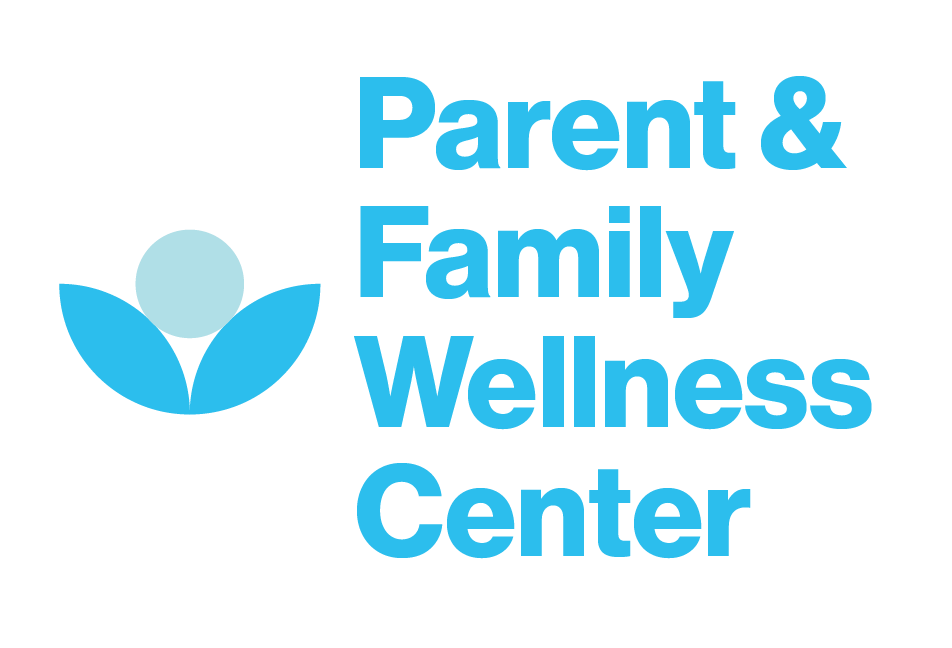Normal Postpartum Adjustment vs. PPD: Understanding the Difference
By Kate Kripke, LCSW
I was recently asked to speak about the difference between normal postpartum adjustment and perinatal mental illness at a Maternal Wellness Summit in Denver. My first reaction was, “Sure. That is simple. I know this like the back of my hand.”
And then, upon my initial attempt to create a presentation for the audience, who were non mental-health providers working with perinatal women, I was reminded of how undeniably complicated this question really is. It would be so much easier, so much clearer, if we always knew the difference between the two. But even experts in the field of perinatal mental health aren’t always as clear about this as we would like to be. And because of this, too often women get over or under diagnosed with PPD and other similar illnesses.
What we do know is this:
The image of the always happy, gracefully content, instinctively breast-feeding mom of an ever-peaceful baby is a myth.
A “normal” or healthy postpartum adjustment includes plenty of anxiety-filled moments, plenty of time feeling isolated, plenty of overwhelm and a healthy dose of uncertainty. Moms in this category will feel better with reassurance and community support.
The Baby Blues, defined as a period of 2-3 weeks (and no longer) characterized by emotional vulnerability and mood swings, are a normal and expected part of a healthy postpartum adjustment. The baby blues affect about 85% new moms and go away on their own.
Almost all brand new moms will notice changes in appetite, some difficulty sleeping, and a decrease in sex drive. Although these changes are also symptoms of depression, women who experience these are often not clinically depressed and are, instead, simply sharing a common (and transient) experience with other new moms.
Approximately 1 in 7 women will struggle with a perinatal mood or anxiety disorder like PPD and, for these women, their symptoms will noticeably interfere with their ability to function as necessary, meaning that their symptoms related to depression or anxiety (or both) will intrude on their ability to sleep, eat, work, care for their children, engage in activities that were once pleasurable to them, or connect with others in social situations.
Still, there is a vast group of women who get missed in the above “facts.” There are mamas out there who are really, truly struggling more than we might expect them to in a healthy adjustment to motherhood but who don’t necessarily fit the criteria for a major depressive illness or an anxiety disorder. I’ve mentioned these moms before; they are the mamas who hold it all together for those around them but, behind closed doors, fall into a heap on the bathroom floor, or in bed at night, or any place where no one is looking. It’s these moms who I worry most about because they aren’t likely to reach out for the support that they need to thrive.
(Yes, moms, if this all resonates then know that this post is for you, my friends.)
In their book This Isn’t What I Expected, Karen Kleiman and Valerie Raskin describe this type of postpartum adjustment beautifully, re-naming what the DSM characterizes as an Adjustment Disorder, Kleiman and Raskin use the term Postpartum Stress Syndrome to describe this too-common experience. They suggest that Postpartum Stress Syndrome is“marked by feelings of anxiety and self doubt coupled with a deep desire to be a perfect mother.”
They go on to say that, “This enormous expectation of being the perfect mother, perfect wife, in control at all times, combined with the very real feelings of inadequacy and helplessness, can create unbearable stress.” There are many, many women out there like the mom described here.
What we need to do—each one of us who works with perinatal women in a professional capacity or a personal one—is listen carefully to the moms around us. You see, it really doesn’t matter whether WE think that what she is experiencing is “normal” or not. Instead, what matters most is how each and every mom feels she is doing.
A new mom may be experiencing the expected levels of vulnerability postpartum (meaning that on paper her experience may be “normal”), but if she is distressed by her experience then this mom needs support. Now. Many full-blown episodes of PPD might be avoided if we listen and observe more carefully rather than assume, though well-intentioned, that she is okay because we interpret her experience to be normal.
Postpartum distress is an entirely subjective experience, and emotions, experiences,and vulnerabilities that may feel tolerable to one mom may feel excruciatingly difficult to another. One mom may be forgiving of the uncertainty and overwhelm in new motherhood, while her sister next door may judge herself for this very same experience. As I said in my recent talk in Denver, understanding the difference is confusing because it is confusing. There are no rules, no books, and no guidelines that can be used to determine whether or not a mom is struggling postpartum. The only guide for this is the experience of the mom, herself.
This means that we need you, mamas. Yes, we need to do a better job of asking you the right questions, knowing what to look for, and following through with our careful and respectful care of you. But we need you to let us in on your experiences and keep us in the loop with regards to how YOU think you are doing. And if you are worried about the way that you feel, please let us know. Your family, friends, and the professionals around you are here to listen and learn.
